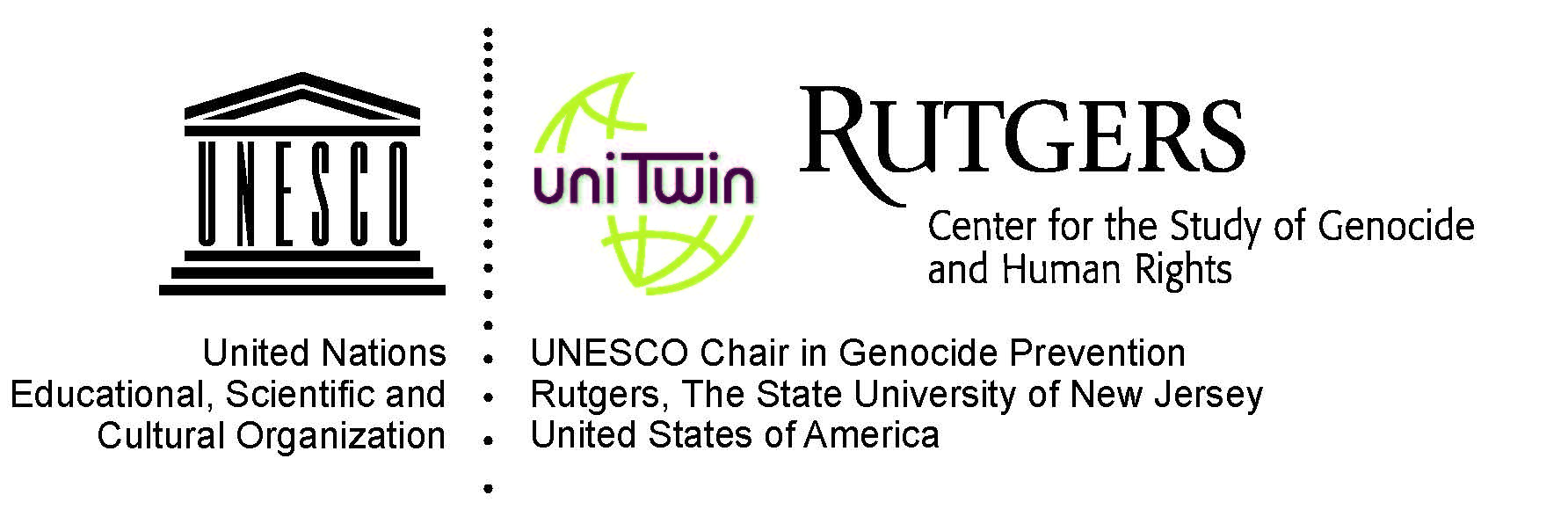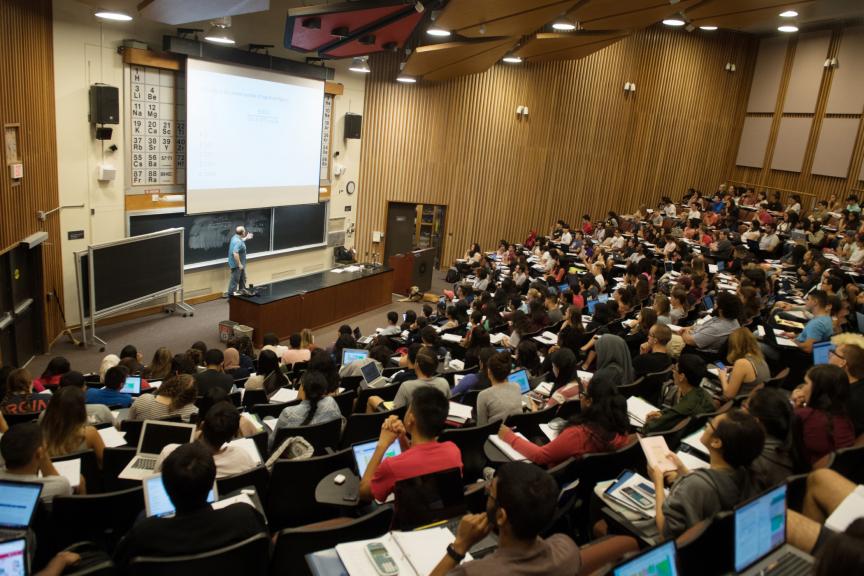


"I'm not pursuing a degree, but I'm getting the knowledge that will help me accomplish my professional goals," Angulo said. Jorge Angulo enrolled in the stackable program so he could tailor his learning to the topics that were most relevant to his work. The program offers students the ability to "stack" credits together and apply them toward non-degree certificates providing them with in-depth subject matter expertise.Ĭurious? Interested in learning more? Here's your chance: Join an online Info Session. Students also have the flexibility of choosing courses they want and earning credits as they go, advancing through the courses at their own pace. Graduate students may take courses from a broad range of subject areas, including such contemporary business topics as auditing and forensic accounting, data analytics and machine learning, supply chain management, marketing analytics, and managing in the global business environment. Rutgers Business School's most ambitious effort to create a stackable curriculum that shakes up the traditional program structure is the Rutgers Stackable Business Innovation Program or rSBI. "Our new programs are designed to allow students to study the topics they choose, linking together classes to build job skills needed for future work in a digital era." "We are leading the way into the future with new curriculum options that answer the demands of students who want to learn with greater flexibility," said Dean Lei. Rutgers Business School Dean Lei Lei and Miklos Vasarhelyi, distinguished professor of accounting information systems, have passionately advocated the introduction of novel micro courses and stackable certificate programs as key to future business education teaching – and learning. The programs are designed to instruct students in non-traditional course formats and upskill working professionals who are intent on keeping pace with the rapidly changing work world even if they don't attain a full master's degree to do it. NEWARK, N.J., Ap/PRNewswire/ - Distinct and powerful forces, including economics and technology, are driving revolutionary changes in higher education and how it will be delivered in the years to come.Īt Rutgers Business School, innovative new programs that draw on the transformative idea of stackable credentials are being developed with an eye to the forces shaping the future of higher education. Innovative programs offer non-traditional course formats in contemporary topics, including data analytics and machine learning, blockchain and cybersecurity.


 0 kommentar(er)
0 kommentar(er)
